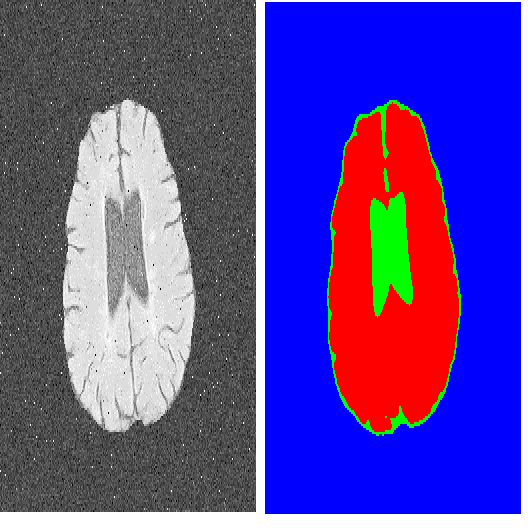SplitFed Learning, a combination of Federated and Split Learning (FL and SL), is one of the most recent developments in the decentralized machine learning domain. In SplitFed learning, a model is trained by clients and a server collaboratively. For image segmentation, labels are created at each client independently and, therefore, are subject to clients' bias, inaccuracies, and inconsistencies. In this paper, we propose a data quality-based adaptive averaging strategy for SplitFed learning, called QA-SplitFed, to cope with the variation of annotated ground truth (GT) quality over multiple clients. The proposed method is compared against five state-of-the-art model averaging methods on the task of learning human embryo image segmentation. Our experiments show that all five baseline methods fail to maintain accuracy as the number of corrupted clients increases. QA-SplitFed, however, copes effectively with corruption as long as there is at least one uncorrupted client.
翻译:暂无翻译



